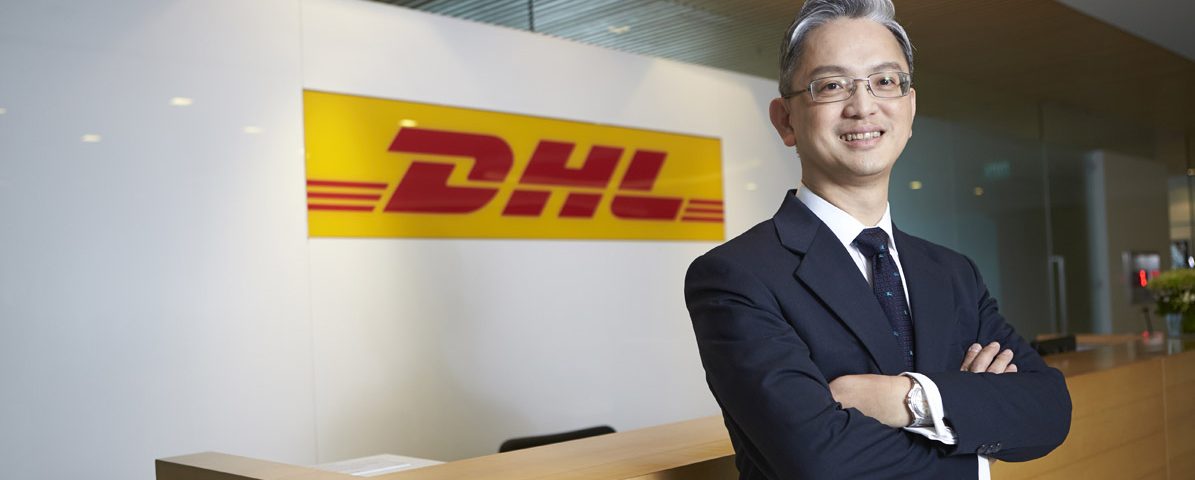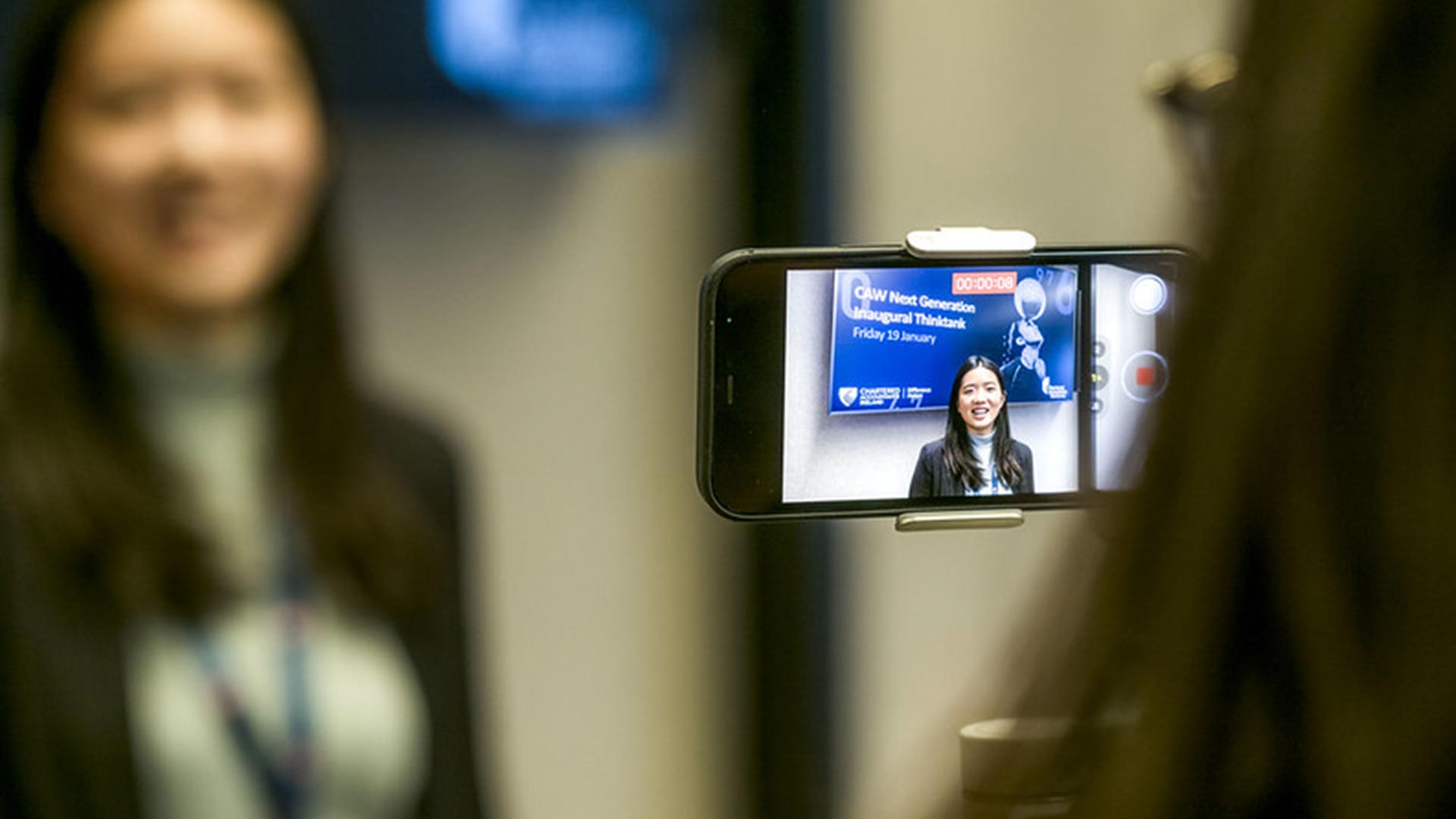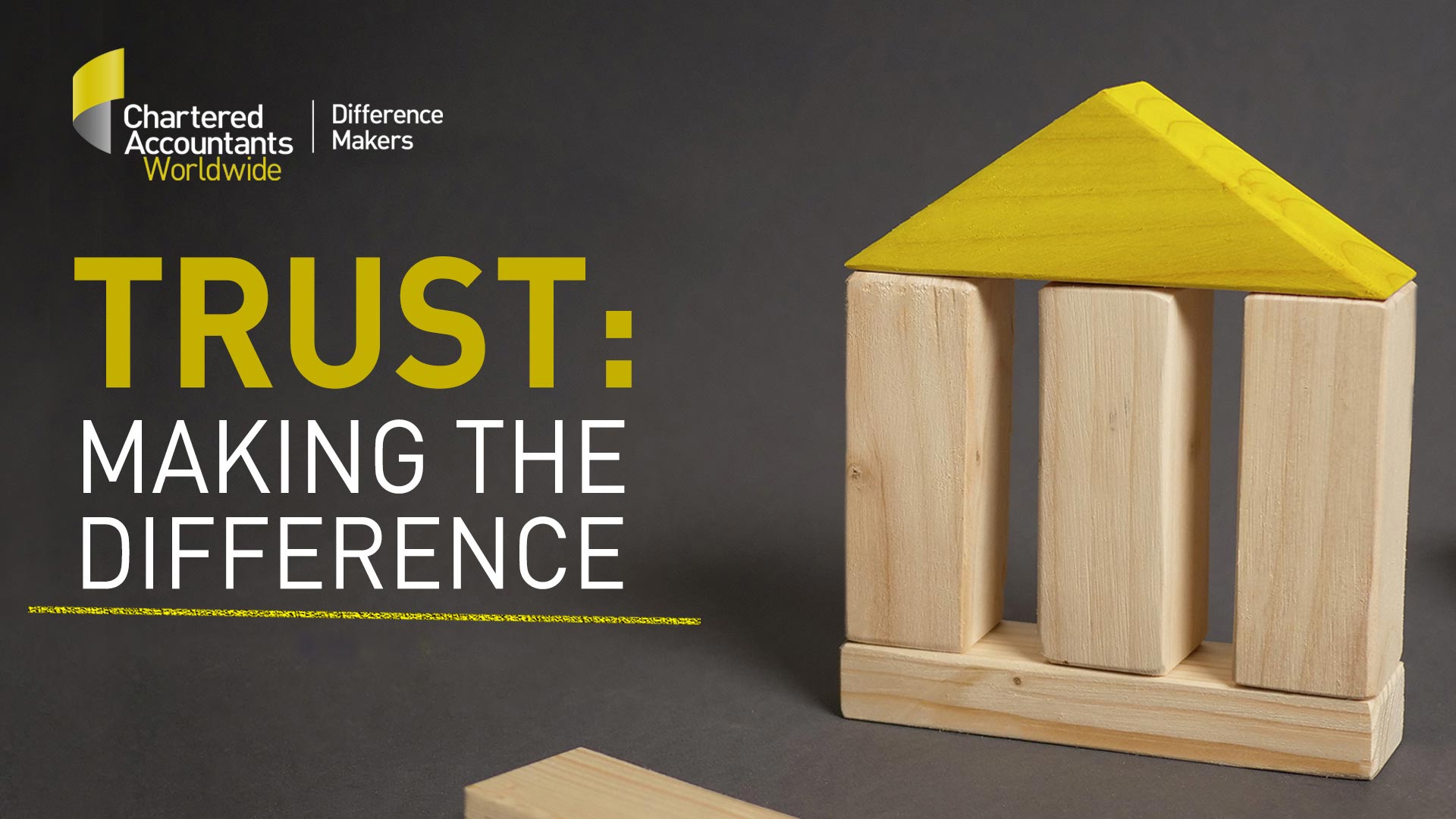Executive Vice President & Chief Financial Officer, DHL Express, Asia Pacific
 After spending five years in Germany, Dennis Tan returned east in 2012 to take up the role of CFO for DHL Express Asia Pacific in Hong Kong for a move he describes as “a bit of a homecoming”. “It allowed me to reflect on how incredible the growth in this region has been with the company having solidified its leading market position in Asia in 2011 with 40 percent market share,” he says.
After spending five years in Germany, Dennis Tan returned east in 2012 to take up the role of CFO for DHL Express Asia Pacific in Hong Kong for a move he describes as “a bit of a homecoming”. “It allowed me to reflect on how incredible the growth in this region has been with the company having solidified its leading market position in Asia in 2011 with 40 percent market share,” he says.
His reflection comes from the perspective of someone who has held nine finance roles over a career spanning two decades at the same company, having joined the company in 1997 as the Regional Finance Manager (Management Information) for Southeast Asia.
“That is the advantage of joining a company that has enjoyed, and still enjoys, strong growth. I have always seen the constant moving as a challenge and it keeps the attitude refreshed. For DHL, I’m into my 20th year and I’m probably one of the rarer few that have been in a country role, area role, regional role and a global role. I have empathy for my colleagues in those positions,” he says.
The reason for such a long stay is the participative management culture that encourages interaction and engagement. He describes his own approach to business as “both consultative and collaborative” – “The main reason to sit around the table is to share what we can learn from best practice,” he says.
He owes his approach to his training as a chartered accountant and before that, as an auditor. Tan started his career with then Price Waterhouse (PW) and later, worked in Singapore’s largest telecoms operator, SingTel. “This is why I started as an auditor and into my journey as a chartered accountant. We have exposure to learning across many industries. We can learn from, and help, any organisation that we visit. There are always issues to resolve and things to learn from.”
His grounding as an auditor also formed one of Tan’s core beliefs about working life. “When I first started with PW, I saw how important it was to do the best in everything you do. When I was a junior auditor, we had tons of working papers. The final output delivered to the client is just a physical report, and the client can only see the result and not witness the effort, but you have to do your best to produce the output. My view would be, if you can’t manage the basics and master the fundamentals, how can you progress in your professional journey in understanding how to do something? For personal satisfaction and professional accomplishment, if you approach the work with the right attitude, you end up doing quite well.”
In January 2006, before his five-year stint in Germany, Tan was the CFO of DHL Express Singapore where he provided financial and business advice that supported strategic decisions and drove financial planning and cost savings. He led a team of 100 staff, directing financial planning and analysis, accounting, tax, treasury, budgeting, administrative and property functions.
Even when he subsequently moved to Europe in 2007 to set up the new global controlling department at DHL, he experienced less of a culture shock because of how the company operates. “The advantage is, in DHL we all speak English. Most of the people are fairly seasoned DHL employees, having been there at least three to five years or more. A lot of people came with a good understanding of the culture in DHL. I think that was a very good ingredient in the melting pot, and that was really what made the global controlling department work. Having people from each region actually contributed significantly to the success of the group. As much as possible, we are able to cater to nuances of every region.”
Tan’s training as a Chartered Accountant more than 20 years ago still serves him well today and he is more convinced than ever about the value of that training in the context of running a business. “I think Chartered Accountants play a very key role in helping companies achieve their strategic and financial goals. The main attributes they generally possess are strong analytical skills and the discipline in overseeing the company. The phrase ‘strategic partner’ is often misused but I think it’s really apt for a Chartered Accountant. Finance is really the only function that allows us to look across all functions in the business. In business, everything falls within the profit and loss statement. The Chartered Accountant or CFO has to possess the discipline to pull together all the information as well as the strong skills necessary to provide analysis to enable the CEO to lead the business.”













